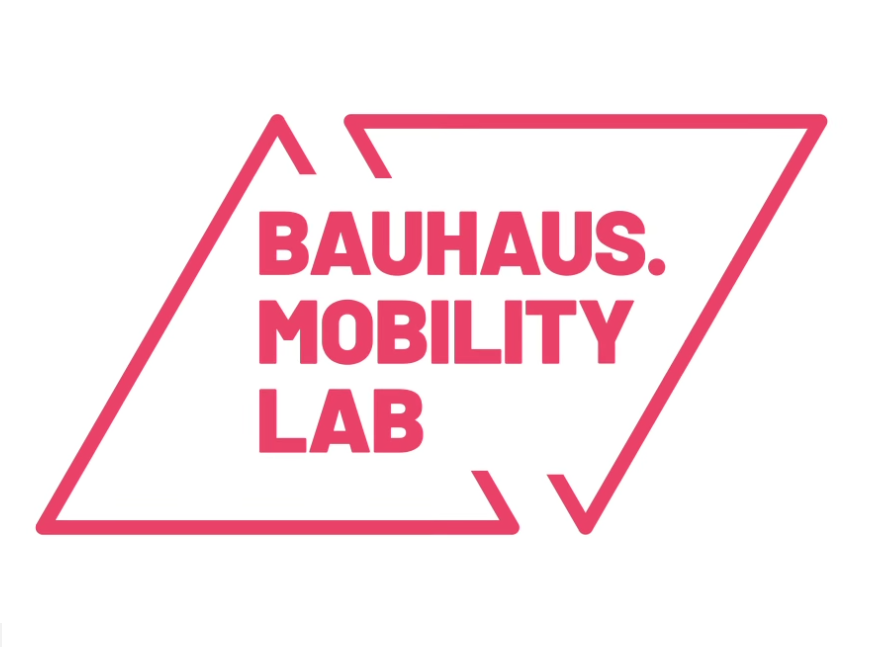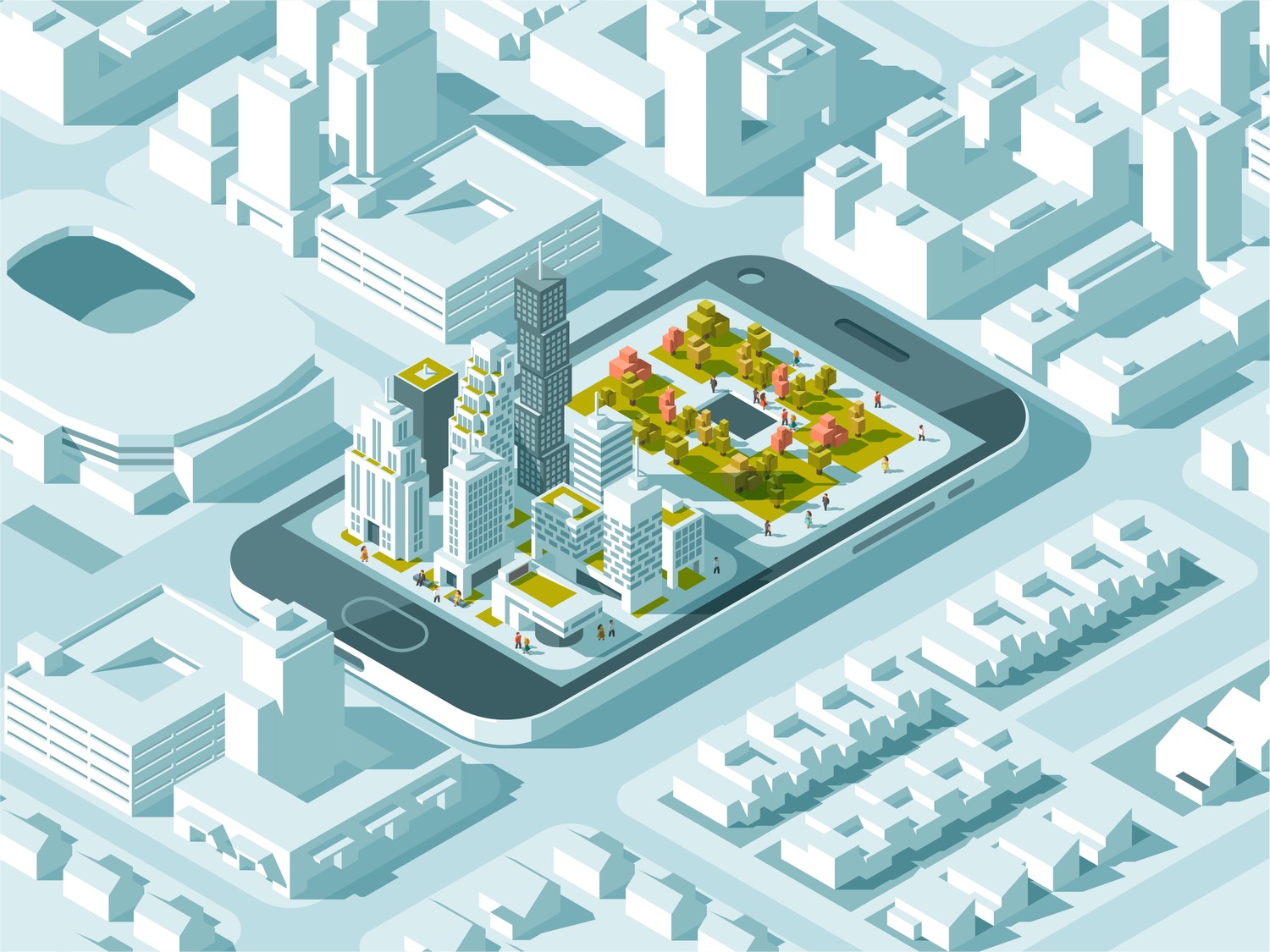
Short description of the project
With Bauhaus.MobilityLab (BML), the Brühl district of Erfurt serves as a living lab for developing and testing innovations in the areas of mobility, energy and logistics for smart cities. We are planning for a variety of data-based applications that make use of artificial intelligence methods: Traffic lights will be switched according to traffic volume, deliveries will be delivered in a more customer-oriented manner, local energy generation will reduce electricity costs and intelligent tariff systems will determine the charging price for e-cars. The applications are developed and deployed on a cloud platform that combines data from different areas such as traffic, logistics and energy.
Project goals
In the living lab, providers and users of new services should be able to interact right from the start and develop and test innovative solutions. The concept developed should be scalable and transferable to other municipalities.
The Bauhaus.MobilityLab (BML) stands for the development of an open ICT ecosystem (BML-EcoSys). With this platform, the basis for the overarching development and testing of AI-based mobility, logistics and energy services in a real urban environment is being created for the first time. 500 households are to be recruited and connected via app to turn Erfurt's Brühl neighborhood into a smart city reallaboratory. The use of AI technologies will make it unique in terms of flexibility and system integration.
The coupling of data from the three areas of energy, mobility and logistics will enable cross-sector products and services, thereby promoting a smart mobility and energy transition. The scalable and transferable approach of the project offers a distinct economic potential to support disruptive innovations. The concept of the Bauhaus.MobilityLab serves as a blueprint in the sense of a "Lab-as-a-Service" for the establishment of further urban reallabs, also for other fields of application. Interest in this has already been signaled by cities in Germany and abroad.
Project status: Architecture and first use case
The project is currently designing and implementing the architecture of the laboratory platform. For this purpose, an initial use case is being set up to record air pollutants such as nitrogen oxides and particulate matter. For this purpose, sensor data will be stored, processed and made available in the FROST server of Fraunhofer IOSB.
AI services are then to calculate the expected development of air pollutant concentrations. This forecast represents the starting point for adjusting public transport fares at short notice and "controlling" the use of different forms of mobility via incentives. Other use cases from the energy and logistics sectors will follow.
 Fraunhofer Institute of Optronics, System Technologies and Image Exploitation IOSB
Fraunhofer Institute of Optronics, System Technologies and Image Exploitation IOSB 